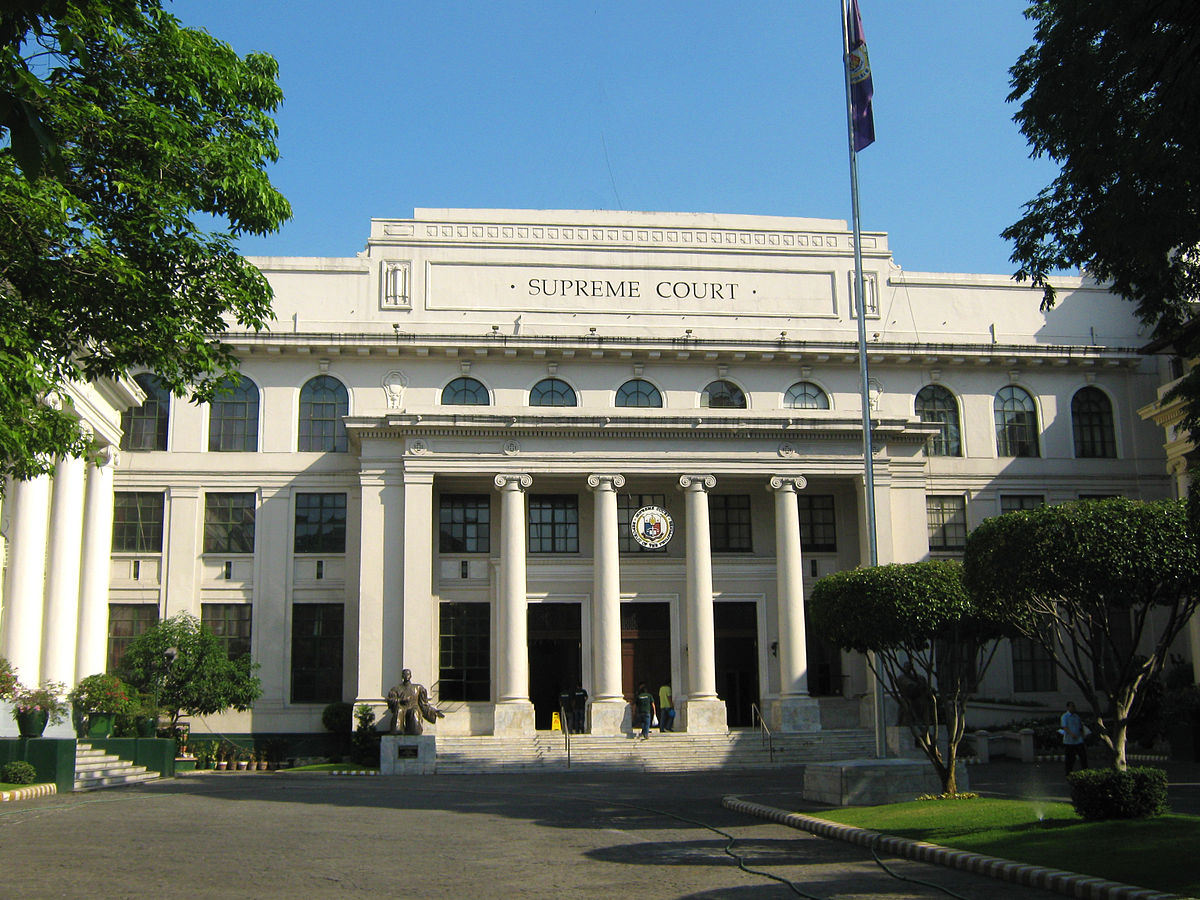
MANILA — The Supreme Court (SC) has declared with finality that the “aggregate airtime limit” on political advertisements of candidates in the election is “unconstitutional”.
This, after the SC dismissed with finality the motion for partial reconsideration filed by the Commission on Elections (Comelec) through the Office of the Solicitor General (OSG).
In a notice of resolution dated Oct. 14, 2014 signed by Clerk of Court Atty. Enriqueta E. Vidal and released on Wednesday, the SC said that the issues raised by the Comelec in their appeal have already been decided upon by the Court.
It added that no new arguments were presented to warrant a reversal of the earlier decision of the SC.
In its ruling on Sept. 2, 2014, the SC declared as “unconstitutional” Section 9-a of the Comelec Resolution 9615 which was amended by Comelec Resolution 9631.
In the two Comelec resolutions, it stated that the candidates who are running for national positions have a 120-minute “aggregate or total airtime limit” on political advertisements on television; and a 180-minute “airtime limit” on radio.
Meanwhile, the candidates for the local positions, have an “aggregate or total airtime limit” of 60 minutes on television and 90 minutes on radio.
The SC used the following as basis in declaring as “unconstitutional” the said Comelec regulation:
— the abrupt amendment by the Comelec of their old regulation of from “per station” and made it to “aggregate total”;
— the said regulation is also violative of the freedom of expression, speech and press freedom;
— the said regulation is also violative of the people’s right to suffrage; and
— the SC also cited the lack of a public hearing to amend the regulation.
Those who assailed the said Comelec regulations were the GMA Network, ABC Development Corporation, Manila Broadcasting Company and the Kapisanan ng mga Broadkaster sa Pilipinas (KBP).
The SC justices had a unanimous voting in their Sept. 2, 2014 ruling.